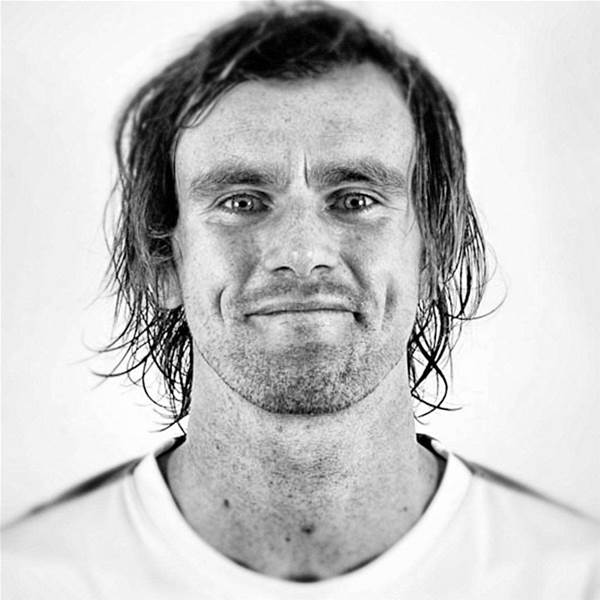Can Australia's young players make the step-up to international football?
The recently announced squad for the upcoming Socceroos friendly has sparked debate over the ability of Australia's young players to make the step-up to international football.
But one thing not in question is that the squad is continuing grow older, and few are gaining the experience necessary to fill the inevitable void.
The call for youth is one often recited by pundits and fans alike understandably eager to be assured that the future is bright. However, the nature of international football means that long term ambitions must be balanced against the short term goals and results are the priority. It seems that the recent Socceroos squad is one that is very much focused on results, with it still being dominated by those who are fast nearing the end of their careers.
At the 2010 World Cup Australia had the third oldest squad of the 32 teams at the tournament with an average squad age of 28.4. With this in mind it would seem obvious that the team would require an injection of youth after the tournament. However, this has not been the case. When Holger Osieck announced the squad for Wednesday's game against Saudi Arabia the average age of the squad has risen to 28.52.
Admittedly this is hardly a massive jump but, if as you would expect less than two years out from a World Cup, this forms the basis of the squad for the 2014 tournament the jump in age will be considerable. By then the squad would have an average of 30.8, which going by the previous World Cup would be the oldest team at the tournament.
This is not to say that a good performance at the tournament is out of the question based solely on the squad's age but it would nonetheless be a concern. What would perhaps be of bigger concern would be the question of where to now after the tournament, as unlike 2010 there will be no prospect of stars such as Mark Schwarzer, Lucas Neill, Harry Kewell and Brett Emerton continuing on to 2018.
The question of where the next generation is coming from is a worrying one if recent results and performances of the Olympic, under 20's and under 17's teams are considered. None of these sides have been able to convince that they are ready to assume the mantle of the Socceroos ageing stars. Whilst this casts doubts over the performance of the development process in recent years that is for another discussion, the issue of the future after 2014 needs to addressed now. If we do qualify it will indeed be another great moment but it should not be a case of then failing to qualify for the next tournament because we have failed to prepare the next generation for international football.
Osieck has a valid point when he questioned the mentality of some young players but the inevitability of the old guard moving on has to be prepared for. If he is right and many lack the correct mentality this undoubtedly is something that would be developed by being involved with the Socceroos and seeing how players such as Neill and Schwarzer apply themselves. Issues with their mentality are surely more likely to be of greater concern in the future if they have to be relied upon without the support of experienced players and have no international experience themselves. This is what looks likely as a changing of the guard does not appear to be taking place.
The argument about whether they are good enough indeed has merit but the reality of the situation is that the young players emerging today will have to be relied upon in the future, and the sooner they gain experience the sooner they will be able to shoulder the responsibility of playing for the Socceroos.
Osieck is right to guard against bringing in young players just for the sake of doing so as Socceroos caps must for those who are most deserving. However, those who are most deserving must be balanced against ensuring Australia qualifies not just for the 2014 World Cup but 2018 and beyond.
There may not be a golden generation emerging at present but the health of the Socceroos will be determined by the best available young players, and experience in the national set-up will only aid in their development. Perhaps the next golden generation just needs a little more time to emerge.
Follow me on Twitter @beaubusch
Related Articles

Socceroos midfielder embraces move to England

Cardiff City snap up sought-after Socceroos starlet













